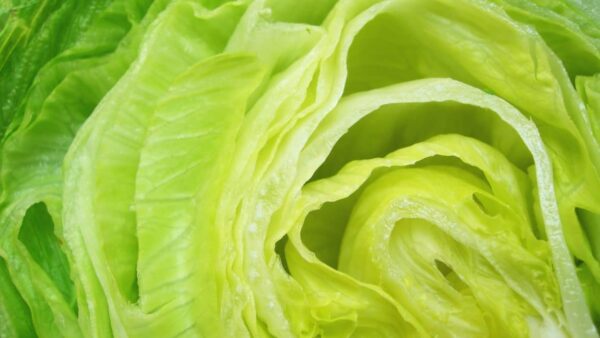Study finds wheat containing exotic DNA taken from wild relatives produces up to 50 per cent greater yields in hot weather when compared to crops lacking these genes.
After a year of record temperatures, researchers from the Earlham Institute in Norwich collaborated with the International Maize and Wheat Improvement Centre (CIMMYT) to provide hope for increased crop resilience and food security in light of climate change.
As uncertainty grows surrounding the availability of major food crops to meet the global demand with rising temperatures and extreme weather events, wheat is a crop that is vulnerable to these challenges. While wheat offers the most global calories out of any other crop, wheat produced across the world contains limited genetic variation.
“Wheat is responsible for around 20 per cent of the calories consumed globally and is widely grown all over the world,” said Professor Anthony Hall, study author and group leader for the Earlham Institute, in a release. “But we don’t know whether the crops we’re planting today will be able to cope with tomorrow’s weather. To make matters worse, developing new varieties can take a decade or more so acting quickly is vital.”
Researchers conducted a two-year field trial in the Sonora desert in Mexico to try and combat these limitations on wheat. A total of 149 wheat lines were studied, from widely used elite lines to lines that were bred selectively to include DNA taken from wild relatives and landraces throughout Mexico and India. The field trials also highlighted how crucial genetic diversity is in key crops after decades of selective breeding have lessened their ability to adapt to a quickly warming planet.
“Crossing elite lines with exotic material has its challenges,” said Matthew Reynolds, co-author of the study and leader of Wheat Physiology at CIMMYT. “There’s a well-recognised risk of bringing in more undesirable than desirable traits, so this result represents a significant breakthrough in overcoming that barrier and the continued utilisation of genetic resources to boost climate resilience.”
Researchers Turn Up the Heat
The team sowed the seeds later in the season, forcing the plants to grow in the hotter months — the kind of heat stress that experts predict will become the norm as temperatures continue to climb. They discovered that plants bred with exotic DNA had a 50 per cent higher yield than wheat without the DNA. Under normal conditions, the exotic lines didn’t function any worse than elite lines.
“This is science we can now use to make an impact almost immediately. We’ve done the field trials, we know what genetic markers we’re looking for, and we’re starting conversations with wheat breeders, so this is hopefully going to be the first of many steps to contribute to global food security in the coming years,” said Hall.
Researchers sequenced the plants, locating specific genetic differences that increase heat tolerance. They then identified genetic markers that allowed the targeted introduction of the exotic DNA into the elite lines, providing an efficient way to enhance climate resilience and combat widespread crop failures.
“As we try to produce more food from less land to feed a growing global population, we urgently need to future-proof the crops we’re planting so they can thrive in an increasingly hostile climate,” said Benedict Coombes, study author and PhD student at the Earlham Institute. “The key to this, we are increasingly finding, may lie within largely untapped genetic resources from wheat’s wild relatives and landraces.”
Based on their findings, the team suggests that breeding programmes incorporate heat tolerant traits as a preemptive strategy, producing wheat crops that can survive in a less predictable climate.
“The discoveries we’re making, and the action we’re taking, will hopefully mean people around the world can continue to have nutritious food on their plates,” added Hall.










